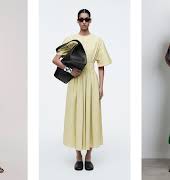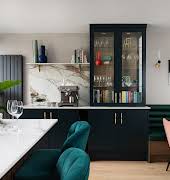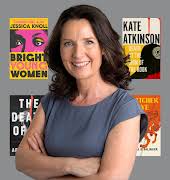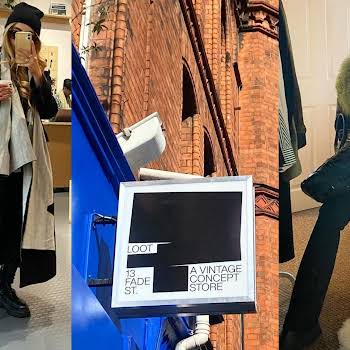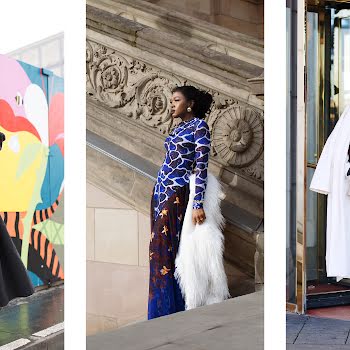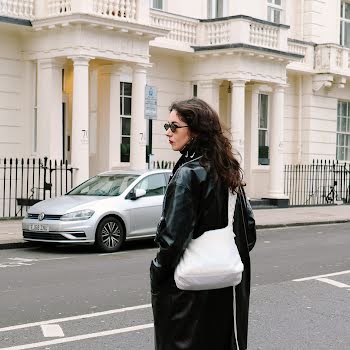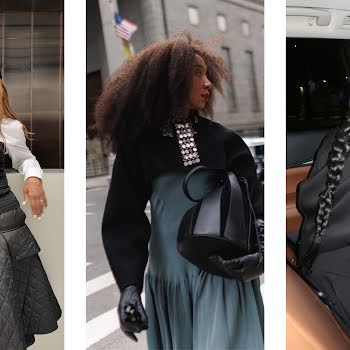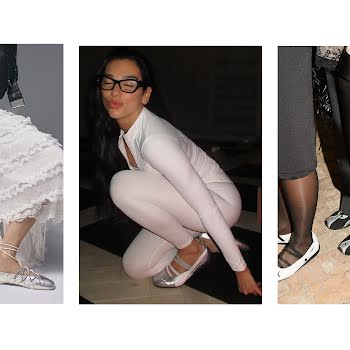
By Amanda Cassidy
22nd Nov 2020
22nd Nov 2020
Are you frenzied enough? This week millions will be salivating over their keyboard, credit card in hand, as Black Friday discounts suck us into their commercial black hole. Amanda Cassidy asks why we keep buying stuff just to throw it away?
“I’m making you all gifts this year,” my sassy sister announced last Christmas. We were briefly horrified and then pleasantly surprised as her creativity and sentimentality transformed into thoughtful bespoke gifts that we now treasure.
Her point was that the commercialisation of Christmas was leading to overconsumption which in turn destroys our planet.
And while there is nothing wrong with treating yourself or others to nice things the odd time, she is right — we have become completely obsessed with buying things we think we need. And then throwing them away when the next sparkly object catches our eye.
Last year, pre-Covid, more than €50 million was spent by consumers here in Ireland between Black Friday and Cyber Monday. Over the festive period, around $50 billion will be spent by consumers globally over four days.
But as priorities shift and values change because of the pandemic, perhaps it it time to re-examine our seemingly unsaitable need to consume.
“When we buy into the deals and discounts, we tell brands it’s okay for them to thoughtlessly produce at the cost of garment workers and natural resources”
Even fashion legend Anna Wintour has weighed in. The 70-year-old Vogue Editor-in-Chief has urged people to buy more sustainable pieces that they can hand down to the next generation.
Speaking to Reuters, Wintour encouraged fashion lovers to value their clothes.

Fast fashion
“I think for all of us it means an attention more on craft, on creativity, and less on the idea of clothes that are instantly disposable, things that you will throw away just after one reading,” she said.
“It’s all about talking to our audiences, our readers, about keeping the clothes that you own, and valuing the clothes that you own and wearing them again and again, and maybe giving them on to your daughter, or son, whatever the case may be.”
Of course, 2020 has meant some of us have little choice but to go online to buy gifts for our loved ones. But the point here is that there remains a choice. And you can be as creative with the pre-loved online shops as you can with others.
But there are some that think that maybe the pandemic has made us rethink shopping, on that scale, as a hobby.
According to the UN environment programme, the fashion industry alone produces 20% of global wastewater and 10% of global carbon emissions.
UK-based not-for-profit organisation Fashion Revolution told Teen Vogue in an interview recently that we have a collective responsibility to change our spending habits for the sake of our environment.
“At the pinnacle of our consumption-obsessed society is the biggest shopping holiday of them all, Black Friday,” says Bronwyn Seier, Fashion Revolution’s content coordinator.
“The day, which has been stretched into a week by many of the big retailers, represents a sore spot in an industry that runs on overproduction.
When we buy into the deals and discounts, we tell brands it’s okay for them to thoughtlessly produce at the cost of garment workers and natural resources.”

Green Friday
In 2016, transportation overtook power plants as the biggest producer of C02 emissions in the US alone. Around a quarter of that is a direct result of medium and heavy-duty trucks used for deliveries.
Some French lawmakers even want to ban Black Friday completely. France’s former environment minister Delphine Batho says that is has morphed into a global phenomenon that causes “resource waste” and “overconsumption”. It will be debated next month.
But change is coming, and ironically, it is the fashion industry that is leading the charge.
It is about rethinking our relationship with buying in general.
In Ireland, a campaign is underway to encourage consumers to get involved in Green Friday. More than 300 small business are taking part to encourage shoppers to buy Irish, to buy local.
The Clonakilty Store, for example, will plant a tree with every purchase and Your North Star, will donate 10 per cent of profits to support Feileacain — a non-profit offering support to anyone affected by the death of a baby.
Let’s stop being such victims of a system designed to squeeze out your wallet
Consumer attitudes have begun to filter down to high street stores. Many now offer some form of conscious collection that makes an effort to manufacture using more sustainable methods, and, as we wrote about recently, lots of stores “now encourage more of a ‘buy now, love forever’ narrative, rather than a new outfit for every event”.
Rejecting fast-fashion and overconsumption is not anti-consumerism, it is about rethinking our relationship with buying in general.
Let’s start to turn instead to a consumption model less focused on ‘new’ and disposable, and more about keeping existing products in circulation.
Let’s stop being such victims of a system designed to squeeze out your wallet, and a delusion that tells us ultimate happiness exists inside a cardboard box wrapped in plastic.
Pre-loved is still love — let’s hope commercial giants like Amazon and Misguided are listening.
Image via Unsplash.com
Read more: These vintage stores are providing a way of shopping sustainably
Read more: Fabrics to embrace if you want to make a difference to the planet

